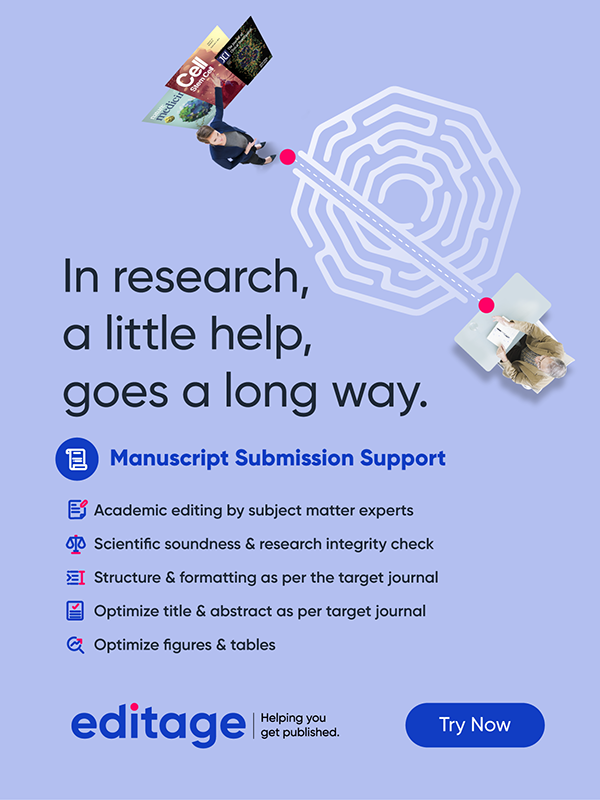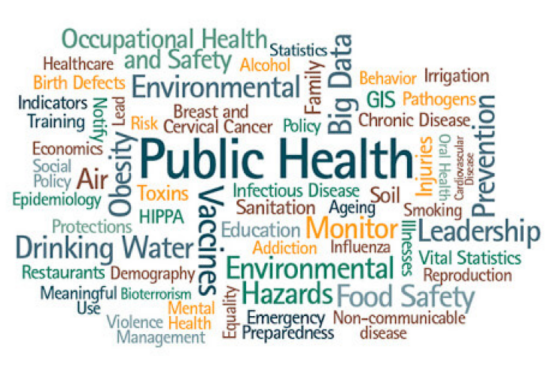
|
Getting your Trinity Audio player ready...
|
A Proofreader meticulously reviews the written document and guarantees that it is polished, error-free, and ready for publication. In essence, proofreaders act as the bridge between the author’s intent and the reader’s understanding.
However, a proofreader’s job goes beyond just catching typos; it involves a thorough examination of grammar, punctuation, spelling, formatting and overall coherence.
Here are some of the key aspects of what proofreaders do:
- Ensure consistency: Inconsistencies can distract readers and undermine the professionalism of the writing. One primary responsibility of proofreaders is to ensure consistency throughout the document. This involves checking that the same terms, spellings, and formatting styles are used consistently.
- Ensure proper style and tone: Proofreaders ensure that the writing adheres to a specific style guide or follows the desired academic tone and thus improves the chances of the manuscript being accepted for publication. Following appropriate style and tone also helps prevent any potential offense or misunderstanding among the audience.
- Check grammar and punctuation: One primary responsibility of a proofreader is to catch and rectify grammatical and punctuation errors. Whether it is a misplaced comma, a subject-verb agreement issue, or a confusing sentence structure, proofreaders have a keen eye for detail that helps maintain grammatical integrity which enhances the readability of the document.
- Verify facts: In addition to their keen linguistic sense, proofreaders may also play a role in checking facts (such as names of places, people, official titles, and email addresses). While they may not be subject matter experts in the content they are reviewing, they can flag inaccuracies for further review. This additional layer of scrutiny contributes to the overall accuracy and reliability of the written material.
Beyond the technical aspects, they also serve as fresh pairs of eyes, and can identify ambiguous statements, unclear ideas, or awkward phrasing that might elude the author.
- In the current era of digital communication, proofreaders also require an understanding of digital platforms and formatting. They ensure that hyperlinks work, images are appropriately captioned, and text displays correctly across various devices.
In conclusion, proofreaders are the unsung heroes of written communication. Their meticulous attention to detail, linguistic expertise, and commitment to clarity contribute significantly to the quality of published material. As the final gatekeepers before the content reaches its audience, proofreaders play a vital role in upholding the standards of effective and error-free communication.
Click here to know more about our services: https://www.editage.us/









Leave a Reply